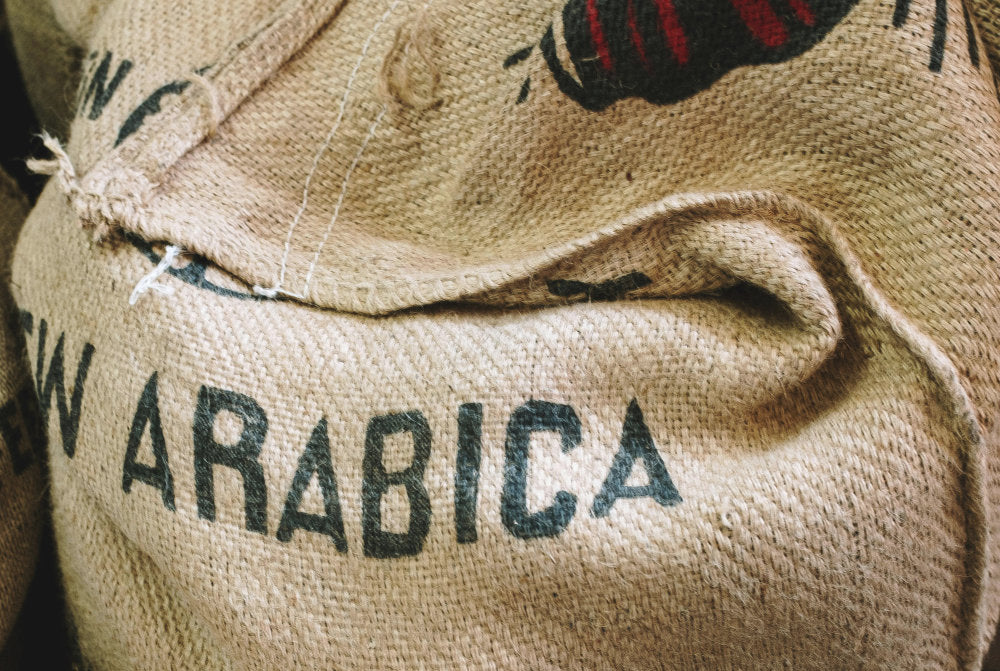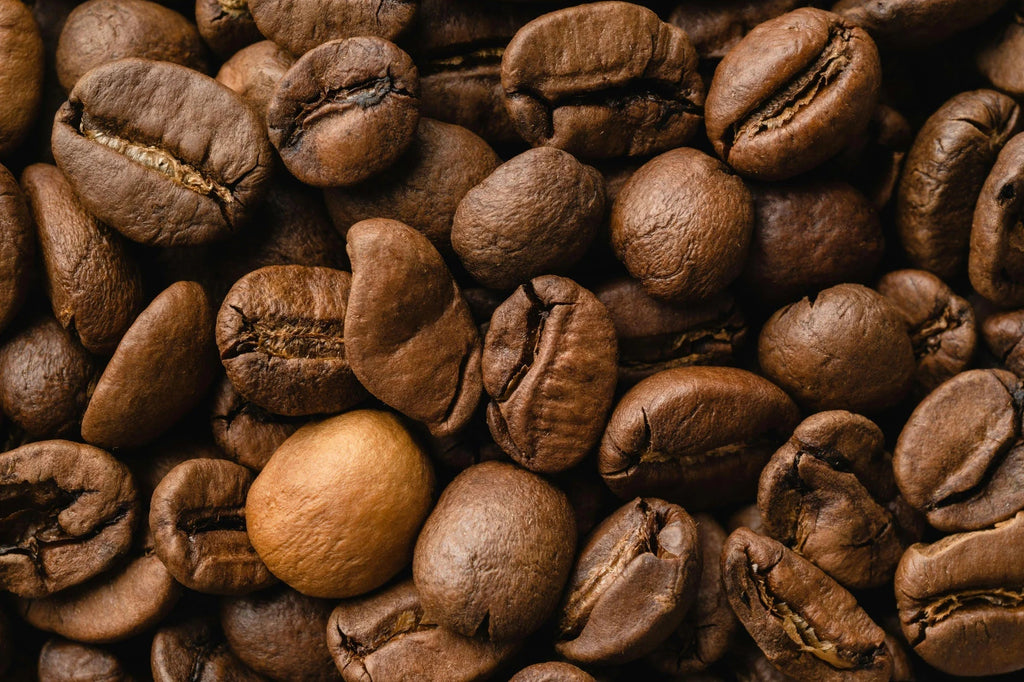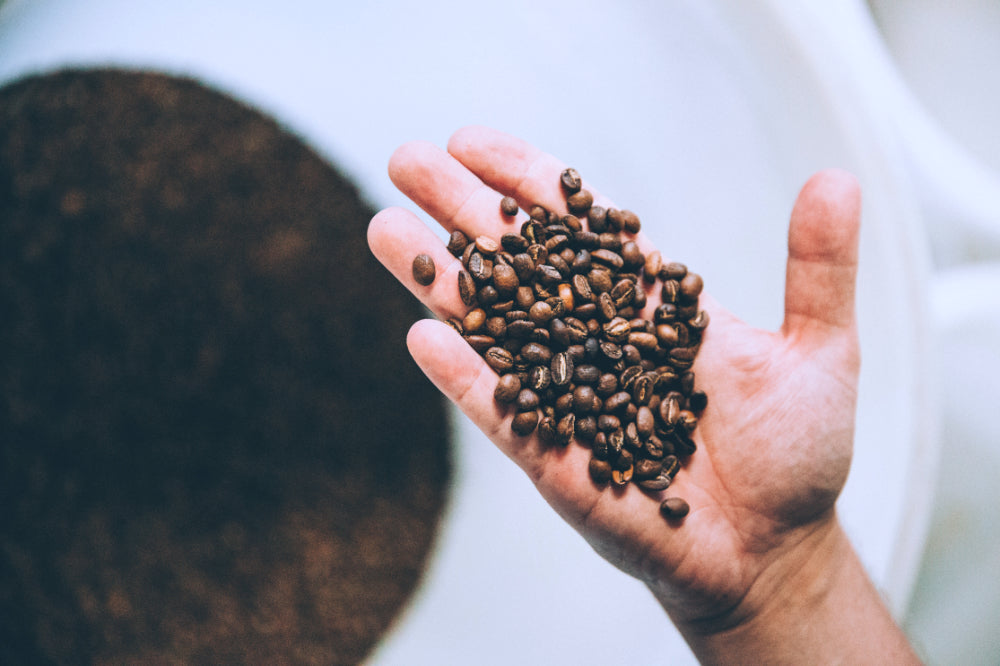In the world of coffee, two primary species reign supreme: Arabica and Robusta. Each variety possesses its unique characteristics, flavors, and advantages, contributing to the diverse array of coffee experiences enjoyed by enthusiasts worldwide. Let's delve into the key differences between Arabica and Robusta, highlighting their advantages and addressing common misconceptions about Robusta.
Arabica Coffee: The Connoisseur's Choice
Arabica beans are celebrated for their delicate flavors, floral aromas, and balanced acidity. Grown at higher elevations in cooler climates, Arabica plants take longer to mature, allowing for more nuanced flavor development. This results in coffees with complex flavor profiles, ranging from fruity and floral to nutty and chocolatey. Arabica beans are the preferred choice for specialty coffees, prized for their high quality and lower caffeine content.
Advantages of Arabica:
- Delicate flavors and floral aromas.
- Balanced acidity for a smooth taste.
- Lower caffeine content, suitable for those sensitive to caffeine.
Robusta Coffee: The Bold and Resilient Option
Robusta beans, on the other hand, are known for their bold, earthy flavors and higher caffeine content. Thriving in lower elevations and warmer climates, Robusta plants are more resilient and adaptable, resulting in faster maturation and higher yields. While often overshadowed by Arabica in the specialty coffee market, Robusta has its advantages, including its strong flavor profile and crema-enhancing properties.
Advantages of Robusta:
- Bold, earthy flavors with higher caffeine content.
- Greater resistance to pests and diseases.
- Crema-enhancing properties, ideal for espresso blends.
Common Misconceptions about Robusta
Despite its advantages, Robusta has long been plagued by misconceptions, including perceptions of inferior quality and harsh flavors. However, advancements in cultivation, processing, and roasting techniques have led to a reevaluation of Robusta's potential. When sourced and roasted with care, Robusta can offer unique flavor profiles and contribute to well-balanced blends.
The Rise of Robusta
In recent years, Robusta has experienced a resurgence in popularity, driven by its versatility and suitability for espresso blends and specialty drinks like cold brew and nitro coffee. As coffee enthusiasts continue to explore new flavors and experiences, Robusta is reclaiming its place in the spotlight, proving that when given the attention it deserves, it can deliver exceptional results.
In conclusion, while Arabica and Robusta may differ in flavor and characteristics, both varieties have their place in the world of coffee. Whether savoring the delicate nuances of an Arabica single-origin or enjoying the bold flavors of a Robusta espresso blend, coffee lovers can appreciate the diversity and versatility offered by these two distinctive species.












